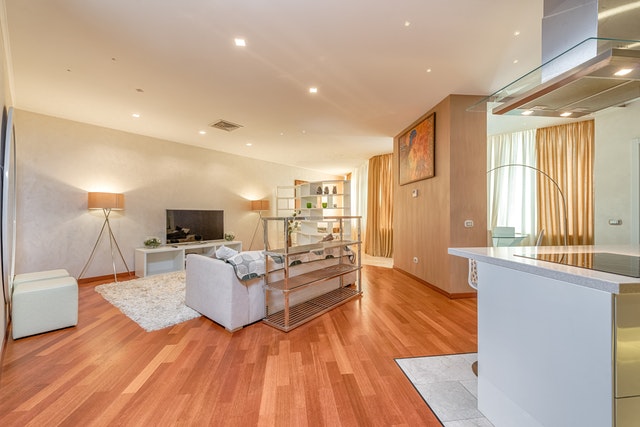Rental Property Finance
An investment property generally requires a higher down payment than an owner-occupied property. They also have stricter approval requirements. An investment property will not work with the 3% down payment you have already paid for your home. A 20% downpayment is required, as mortgage insurance is not available for rental properties. However, you may be able to get the down payment through bank financing such as personal loans.




